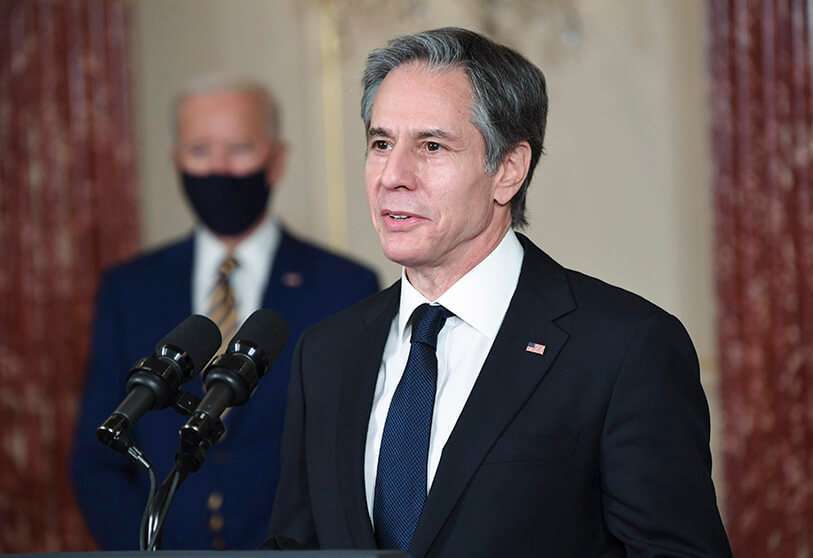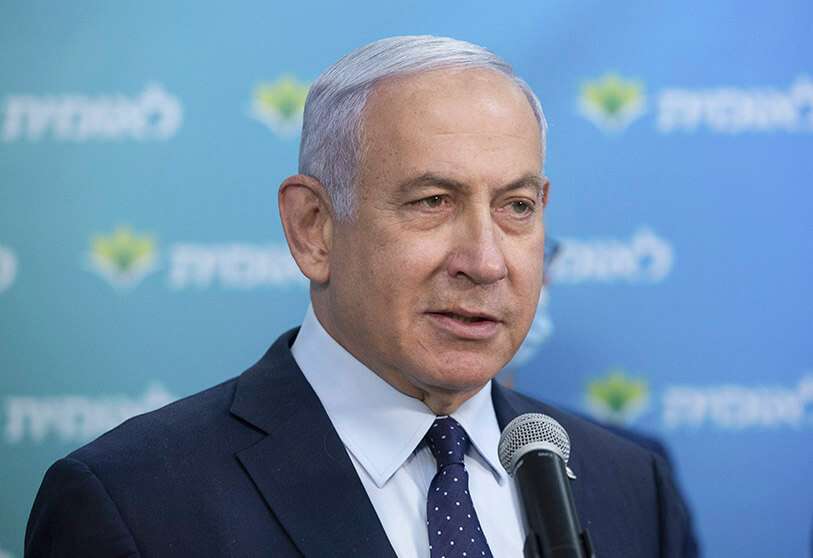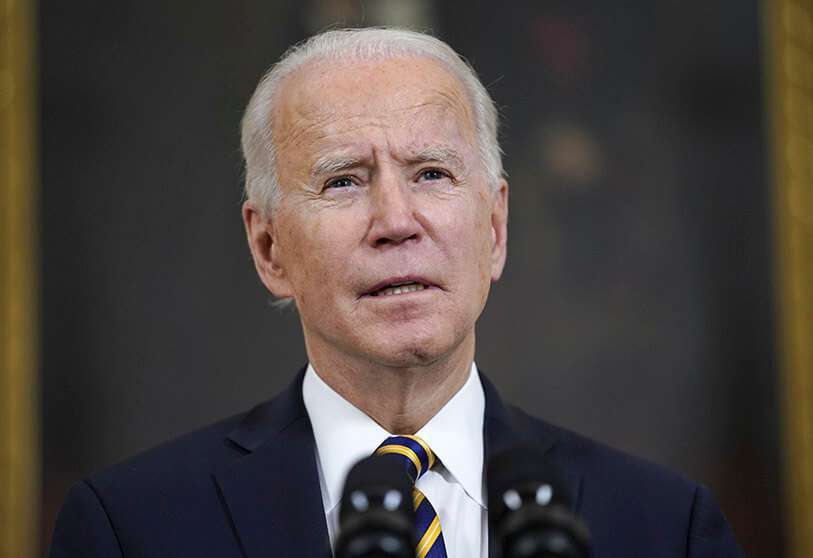United States to present candidacy to the UN Human Rights Council for the 2022-24 triennium

As an observer country and through its Secretary of State, Antony Blinken, the United States has taken the floor this Wednesday before the Council in order to achieve a first rapprochement with organisations repudiated by the previous Administration. With Joe Biden in the White House, Washington wants to mark the abandonment of the empty chair policy of the Trump years.
On the premise of hypocrisy and persecution of Israel, the US announced in June 2018 its exit from the institution, breaking with the highest UN body in charge of defending human rights. The Trump administration and other critics also argued that the Council was willing to overlook abuses by autocratic regimes and governments. The announcement of this return to the Council still contains a degree of suspicion about the allegedly biased functioning of the body and shares, to a lesser extent, a combat against "anti-Israel policy". "We need to remove Agenda Item 7 and deal with the human rights situation in Israel and the Palestinian Territories in the same way this body deals with any other country," said Blinken. Israel, a close ally of the United States, is the only country in the world whose rights record is discussed at every Council session under "Item 7" of the agenda. As a result, "Israel and the Occupied Palestinian Territories" has been part of the Council's regular business at every meeting since shortly after the Council's formation in 2006.

The Human Rights Council meets three times a year for several weeks to discuss major global human rights issues. It currently has 47 full members that are partially renewed every year, elected by a majority of the members of the UN General Assembly for a three-year term, the others having observer status. The Council currently includes Russia, China, Venezuela and Cuba, states that are highly criticised by Washington.
It is worth noting that Blinken has warned in his statement in the virtual forum, due to the pandemic, that he will denounce violations of fundamental freedoms in China, Russia or Venezuela. China, Russia, but also Venezuela, Cuba or even Cameroon, Eritrea and the Philippines are regularly criticised by human rights organisations and other countries for the way they treat their citizens. Antony Blinken specifically criticised Russia for the treatment of its political opponents, citing Alexei Navalny. He also denounced Beijing's "atrocities" in the Xinjiang region and the situation in Hong Kong. And he recalled that the US marked its return to the Human Rights Council by condemning the coup in Burma.

"The United States places democracy and human rights at the heart of its foreign policy because they are essential to peace and stability," Blinken said. "This commitment is rooted in our own experience of a democracy that is imperfect and often falls short of its own ideals, but always striving to make us a more united, more respectful and freer country," he pledged, in a tone that contrasts with that of his predecessor, Mike Pompeo, which at times bordered on arrogance.
This decision to re-engage, promoted by Biden since the beginning of his election campaign, is one of the first multilateral commitments already signed by the new administration. It joins the Paris Climate Agreement and the World Health Organisation (WHO), key items on a long list of changes in US foreign policy. The Biden administration has also said it was ready to talk to Iran about a nuclear deal that Trump had also abandoned in 2018. This announcement comes just after the US withdrew its military support for Saudi Arabia in the Yemen war, which the Human Rights Council denounced in 2018 for alleged war crimes by all actors involved.

Blinken concluded his positions on Human Rights by listing domestic issues on which President Joe Biden took swift action in his first week in office in order to "address the root causes of these inequities, including housing, prison reform, improving conditions for indigenous peoples, and combating discrimination against Asian Americans."










